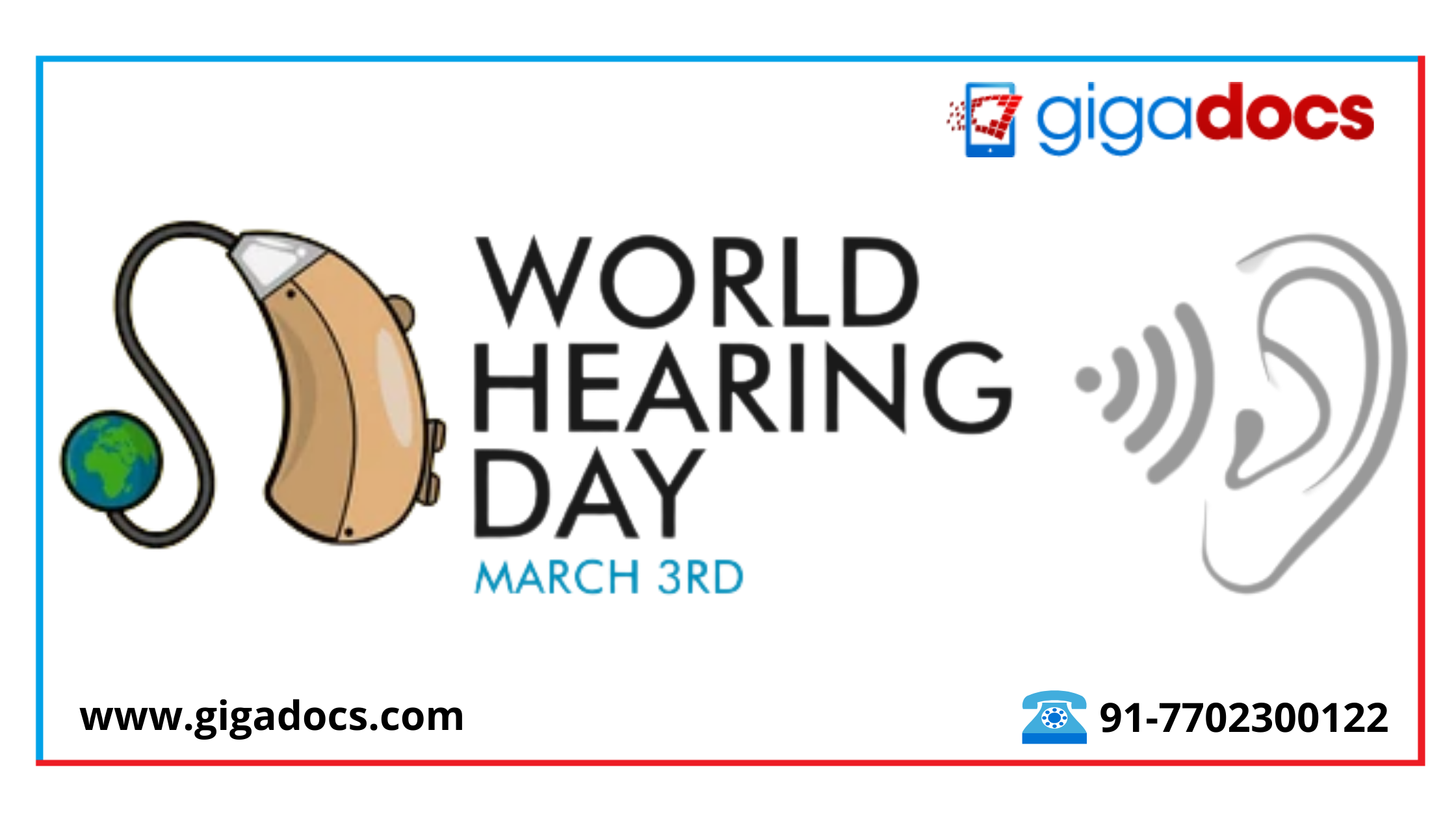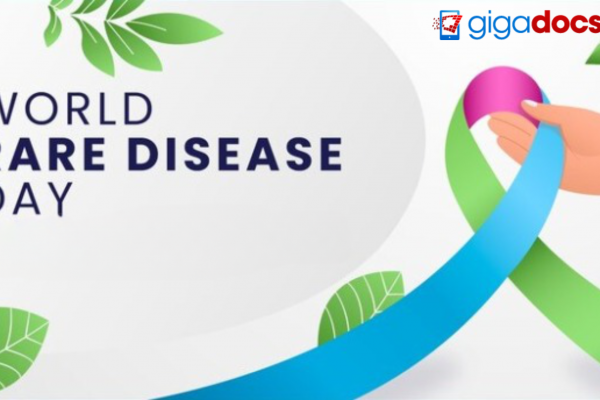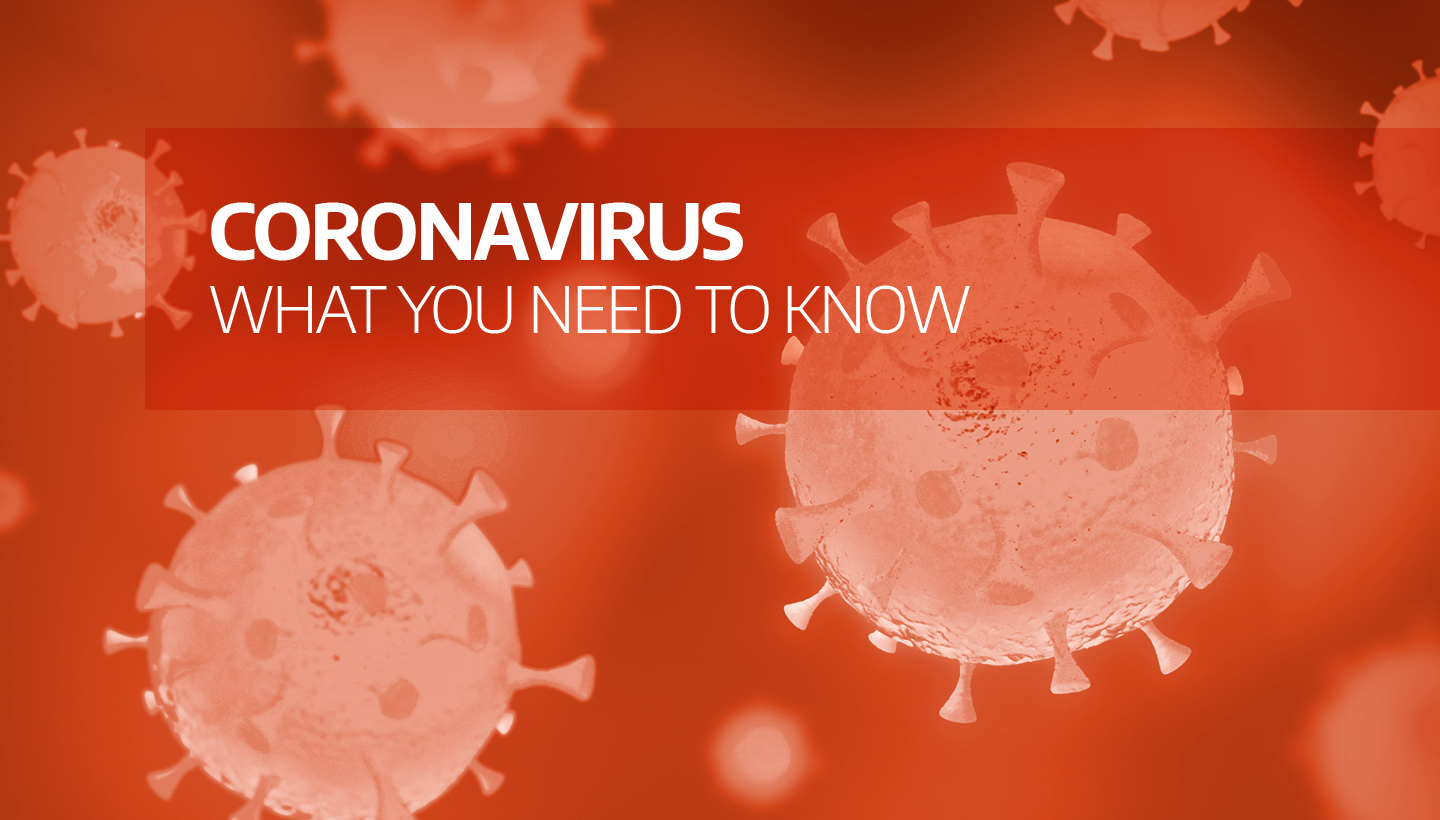Have you recently felt itchy ears, troubled hearing, or ear pain?
It may be the ear wax, also known as cerumen, that is causing the problem. Ear wax is a self-cleaning agent that protects our eardrum from foreign particles such as dust, and small insects.
However, as in most things in life, balance is key — too much wax can clog your ears, causing temporary hearing loss or infections. If you’ve had prior ear surgery or injuries, suffer from chronic ear infections, or use hearing aids or deep earplugs, itchy ears and ear pain can get worse. Tinnitus (ringing in the ear), ear itch, discharge, or a smell coming from the ear are all signs that something is wrong with your ears and you need to consult an ear doctor.
Blocked Ears and their Causes
Common causes of Blocked ears can be-
- Aeroplane Ears– Also known as Barotrauma of the Ear, this occurs when the ears cannot adjust to the fluctuating air pressure on a flight.
- Inflammatory diseases- This condition is also known as otitis media, occurs when bacteria or virus multiply within the accumulated fluids in the ear. Symptoms include the feeling of clogging along with ear pain.
- Cough and Cold- When a person acquires a seasonal cold or another illness that causes increased mucus production in the ears, they are more likely to get an ear infection.
- Swimmer’s Ear– When water gets absorbed within the ears due to constant swimming, it may result in an ear infection. Although swimmers are the most common victims, the swimmer’s ear may also be contracted in the shower or other moist environments.
Symptoms of Blocked Ears
Many people do not have to clean their ears at all, it gets naturally cleaned. In extreme cases, ear wax might accumulate and damage hearing. Impaction occurs when earwax exceeds this stage. Symptoms of impaction include lessened hearing capability through the affected ears, fullness or ringing in the ear, earache, an unpleasant smell from the affected ears besides a feeling of dizziness.
Blocked ears are more common in older adults and people with developmental disabilities because the shape of their ear canals makes natural wax removal difficult.
Cleaning your Ears of Excessive Earwax
If you have diabetes or a damaged immune system, take extra caution while cleaning your ears. Most ENT doctors will warn you that you should not place anything smaller than your elbow inside your ear. To put it in another way, stop using sharp objects or anything else that could damage the eardrum and cause permanent hearing loss.
If you clean your ears with small objects like napkin corners, bobby pins, or cotton swabs, you risk moving ear wax deeper into the ear canal.
When this wax accumulates, it may cause problems. If you do not treat a blockage, the symptoms would possibly intensify. It is likely that you will experience more ear pain. Wax can also build-up to the point that it is impossible for your ear doctor to see within your ear and diagnose other problems.
Treating Hearing Loss
Hearing loss can have significant consequences for you and your loved ones. Hearing failure that goes untreated may have a detrimental effect on your health and well-being. Hearing loss has been related to higher rates of depression, social alienation, and cognitive impairment.
Though gradual build-up of ear wax is one of the primary causes of hearing loss, other causes include-
- Wear and tear on the hairs or nerve cells in the cochlea that transmit sound signals to the brain may occur as a result of ageing and exposure to loud noise. Electrical signals aren’t transmitted as effectively when these hairs or nerve cells are damaged or absent, resulting in hearing loss.
- Hearing loss may be caused by ear infections, irregular bone growths, or tumours in the outer or middle ear.
- Loud sounds, sudden pressure changes, poking your eardrum with an object, and infection can all cause your eardrum to burst, damaging your hearing.
Hearing loss is associated with higher medical costs for other health conditions, as well as a higher chance of dangerous falls. Hearing loss can lead to unemployment and reduced wages in the workplace for people who are still working.
Risk factors for Hearing Loss
Risk factors that may damage or lead to hearing loss and nerve cell damage in your inner ear include:
- Antibiotics and certain chemotherapy medications may damage the inner ear. If you take extremely high doses of aspirin, other pain relievers, antimalarial medications, or loop diuretics, you can experience transient hearing symptoms such as ringing in the ears (tinnitus) or hearing loss.
- Any diseases. Meningitis, for example, is a disease or illness that induces a high fever that may damage the cochlea.
- The mechanism of ageing. The inner ear structures degenerate over time.
- Heredity and your genetic makeup can make you more susceptible to sound-induced ear damage or ageing-related deterioration.
- Noises associated with the work. Working in jobs where loud noise is a normal part of the working environment, such as farming, building, or manufacturing, may cause ear damage.
- Explosive noises, such as those created by weapons and jet engines, can result in immediate and permanent hearing loss.
Hearing Loss Symptoms-
- Difficulty in grasping everyday conversations.
- Need to turn up the volume while watching television or listening to music.
- Frequently telling someone to repeat.
- Avoidance of previously pleasurable social conditions.
- Increased communication difficulty in noisy environments such as restaurants, lively family events, and in the car or in group meetings.
- Tinnitus is a disorder that induces ringing and/or clicking noises in the ears.
- Brain trauma injury (concussion).
World Hearing Day 2021
The 3rd of March is celebrated all over the world as ‘World Hearing Day.’ This day is commemorated to raise awareness of how to avoid deafness and hearing loss, as well as the remedies for ear infections and deafness. “Hearing treatment for all!” is the theme for World Hearing Day in 2021.
The WHO aims to reach out to national governments, international NGOs, and development organisations to raise awareness and mobilise action in the field of hearing care.
Tips to communicate with a hearing-impaired person.
It does not have to be difficult to connect with someone who has a hearing disability. Here are a few pointers on how to interact more effectively with a hearing-impaired person:
- To begin, get their attention. Face the individual directly and, if at all necessary, maintain eye contact.
- Speak clearly; in a subtle voice, you do not need to shout.
- Maintain a healthy distance between your hands and your ears. For a better understanding, enable the listener to get a full view of your face.
- Reduce the amount of background noise (e.g., radio or television). Listening in relatively silent environments is recommended because it allows for the best voice transmission and allows the listener to use any visual clues they may need to understand.
Treating Itchy Ears and Ear Pain with Gigadocs
Symptoms of an ear infection generally develop quickly. If you’re having ear pain or discharge, don’t try to treat it on your own. Make an appointment with an ENT Specialist near you as soon as possible using the Gigadocs app to get a correct diagnosis and, if needed, medication.
Book a Virtual Consultation- Download Gigadocs app from-
- IOS App – apple.co/2W2iG4V
- Android App – bit.ly/33AQoRC
Learn about Virtual Consultation, to schedule a demo, e-mail us at info@gigadocs.com




